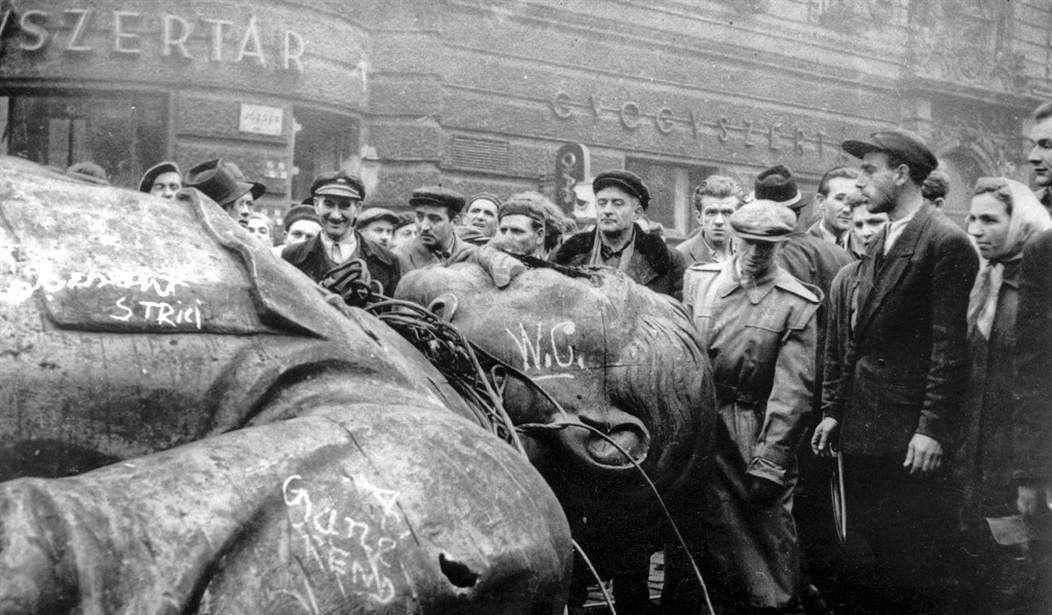If there’s one thing our politically and culturally divided world can agree on, it is that we live in interesting times. A sense of crisis has been stalking our once-complacent civilization. This climate of fear was the emotional springboard used by The Great Reset initiative to justify a call by global stakeholders to redeem the world from the ravages of COVID-19 in 2020, in exchange for submission. “Unless you hand over your freedom and gather as one,” the message implied, “pestilence and climate change will destroy you.” While that might seem outrageous, the impetus to enact lockdowns, mandates, behavior rules, and speech codes was so great at the time that, for a moment, it actually seemed possible that the Woke elites would ride the crisis to take over civilization.
It was in this context that I was asked to contribute a chapter on religion to the then-forthcoming book Against the Great Reset: Eighteen Theses Contra the New World Order. One would ordinarily imagine that only clergymen, theologians, and atheists are qualified to talk about this subject until it is realized that secular religions — usually of the apocalyptic kind — have dominated Western discourse for the last 400 years. Religion is the big story of the last half-Millenium. From the Jacobin Cult of the Supreme Being, the Marxist Worker’s Paradise, Stalin and Hitler’s visions of utopia to the jihad, religion has never been far from history’s center stage. Michael Shellenberger observed that:
Environmentalism today is the dominant secular religion of the educated, upper-middle-class elite in most developing and many developing nations. It provides a new story about our collective identity and individual purpose. It designates good guys and bad guys, heroes and villains. And it does so in the language of science, which provides it with legitimacy .
There is certainly a secular religiosity about the Great Reset that is hard to avoid and, indeed, impossible not to comment on. It is most clearly captured by the phrase “trust the experts,” which, ironically, applies to phenomena in advance of or outside common experience. To a very great extent, secular religions (like traditional ones) are based on predictions because they deal with the future or things the experts could see but ordinary folk could not. This claim was a central problem, and the more complex a transformation the Great Reset attempted and the longer it took, the greater the risk and uncertainty it entailed. This was the question I set out to examine.
In composing my chapter, it became apparent that complex systems like the biosphere, climate, and human society were not very predictable for any length of time. Therefore, any secular religious impulse to remake the world according to a fixed vision would court trouble. Some unforeseen development would upset the scheme and they would circle the wagons and ban the heretics. But they could not predict everything and efforts to overcome the limitations of human prescience by delegating the task to artificial intelligence carried its own dangers. If human experts deferred to something smarter than themselves, could they even still be the experts? Ultimately, there was no surefire oracle on earth before which humanity could bow; the danger, in fact, lay in imagining that such a thing existed.
The fact that information is surprise poses a political problem for millenarian movements because it means God, or if you prefer, reality, is always pitching a curveball, revealing something new, forcing a change in the Five-Year Plan that undermines the supremacy of its leaders. An interactive universe certainly complicates the task of the Great Resetters, who cannot even abide a recalcitrant public, let alone a reality reacting in unanticipated ways. Enough time has elapsed since the announcement of the Great Reset to expose the fallibility of authority. The unforeseen war in Ukraine, the rediscovery of how irreplaceable oil and gas still are, and a retrospective re-evaluation of lockdown mandates have shown that even the experts can screw up. Reflecting on the excesses of the public health response in The Atlantic, Emily Oster wrote:
Let’s declare a pandemic amnesty. We need to forgive one another for what we did and said when we were in the dark about COVID … But the thing is: We didn’t know … I have been reflecting on this lack of knowledge thanks to a class I’m co-teaching at Brown University on COVID. We’ve spent several lectures reliving the first year of the pandemic, discussing the many important choices we had to make under conditions of tremendous uncertainty.
“But the thing is: We didn’t know.” This is almost always the case when encountering new and complex phenomena like a pandemic, and it will not be the last time we face the unknown. And so we circle back to religion. It is vital, as we go forward into an increasingly complex world, not to succumb to the temptation to create god-men on earth, and to accept that we may not know in advance. We learn as we go along. As I put it in my chapter: “The history of religion is the archive of heresy.” When the answers to the questions that perplex us come, we will not have known them before then, and only for the first time.
Books: Against the Great Reset: Eighteen Theses Contra the New World Order Kindle Edition by Michael Walsh (editor). In this timely and necessary book, Michael Walsh has gathered trenchant critical perspectives on the Great Reset from eighteen eminent writers and journalists from around the world. Though I wouldn’t exactly consider myself an eminent writer, mine is one of the 18 chapters in this book, and I think it’s worthwhile.










Join the conversation as a VIP Member